Over the last few weeks, we have reported on recent court cases involving farmers and DAERA, and the subsequent work by Jim Shannon MP, Brian Little, and the Calvert family (Barnwell Farms) to bring change to the Review of Decisions Process.
Their perseverance, as well as the welcome intervention of Minister Poots, means that DAERA officials are now working on legislation for a new process in 2021 where the recommendation made by an Independent Panel at Stage 2 review is final.
Of course, for the vast majority of farmers who have not had any need to appeal a decision made by DAERA, all this may seem a little irrelevant. But if you have been through the appeal process, you might think very differently.
In particular, those who took their case to the Independent Panel, where the panel recommended in their favour, only to find DAERA did not accept that recommendation. By then, these farmers effectively had nowhere to go other than a potentially very long and costly (six-figure sums) Judicial Review in the High Court. It is a horrible process. And with significant change coming to how farmers are supported over the next few years, it is important that it is rectified for the benefit of everyone.
Issues
As DAERA officials now work on drafting new legislation, there are still some other issues to consider.
The first is what to do about historic cases where the Independent Panel recommended in favour of the applicant. This is potentially where the Supreme Agricultural Appeal Panel (SAAP) proposed by Brian Little and local farmer and barrister, James O’Brien BL, comes in. With at least two out of five panel members with a background in law, it would give a legally watertight judgement, and would bring final closure to these cases.
The SAAP also potentially has a role in future cases where DAERA believe that a decision made by the Independent Panel is not in keeping with the law. While a proposed cost of £1,500 per case might be off-putting for some, the aim has to be to avoid a farmer being left with a £100,000+ Judicial Review as their only alternative.
The other issue to be resolved centres around the deal done by the UFU and DAERA in 2018 that means a farmer can only introduce new evidence to a Stage 2 Independent Panel in “exceptional circumstances”. That was agreed after the UFU rightly challenged a DAERA decision to remove the Independent Panel.
A farmer making a case to this Stage 2 independent panel should be able to put forward whatever evidence they think is relevant.
Read more
Challenge put to MLAs on appeals process
New appeals process to be independent of DAERA
Over the last few weeks, we have reported on recent court cases involving farmers and DAERA, and the subsequent work by Jim Shannon MP, Brian Little, and the Calvert family (Barnwell Farms) to bring change to the Review of Decisions Process.
Their perseverance, as well as the welcome intervention of Minister Poots, means that DAERA officials are now working on legislation for a new process in 2021 where the recommendation made by an Independent Panel at Stage 2 review is final.
Of course, for the vast majority of farmers who have not had any need to appeal a decision made by DAERA, all this may seem a little irrelevant. But if you have been through the appeal process, you might think very differently.
In particular, those who took their case to the Independent Panel, where the panel recommended in their favour, only to find DAERA did not accept that recommendation. By then, these farmers effectively had nowhere to go other than a potentially very long and costly (six-figure sums) Judicial Review in the High Court. It is a horrible process. And with significant change coming to how farmers are supported over the next few years, it is important that it is rectified for the benefit of everyone.
Issues
As DAERA officials now work on drafting new legislation, there are still some other issues to consider.
The first is what to do about historic cases where the Independent Panel recommended in favour of the applicant. This is potentially where the Supreme Agricultural Appeal Panel (SAAP) proposed by Brian Little and local farmer and barrister, James O’Brien BL, comes in. With at least two out of five panel members with a background in law, it would give a legally watertight judgement, and would bring final closure to these cases.
The SAAP also potentially has a role in future cases where DAERA believe that a decision made by the Independent Panel is not in keeping with the law. While a proposed cost of £1,500 per case might be off-putting for some, the aim has to be to avoid a farmer being left with a £100,000+ Judicial Review as their only alternative.
The other issue to be resolved centres around the deal done by the UFU and DAERA in 2018 that means a farmer can only introduce new evidence to a Stage 2 Independent Panel in “exceptional circumstances”. That was agreed after the UFU rightly challenged a DAERA decision to remove the Independent Panel.
A farmer making a case to this Stage 2 independent panel should be able to put forward whatever evidence they think is relevant.
Read more
Challenge put to MLAs on appeals process
New appeals process to be independent of DAERA



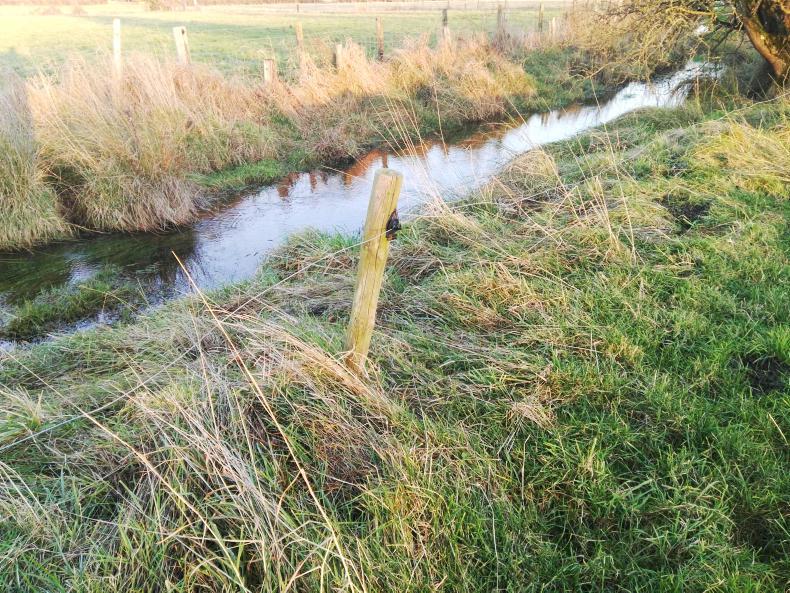

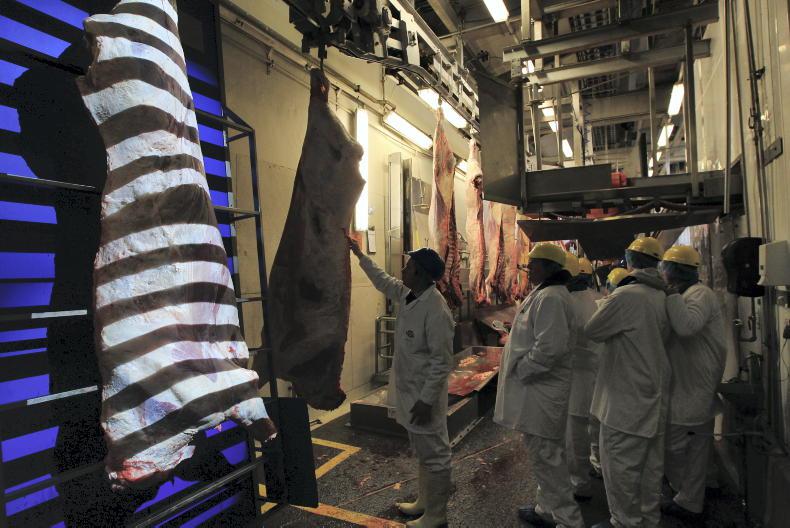

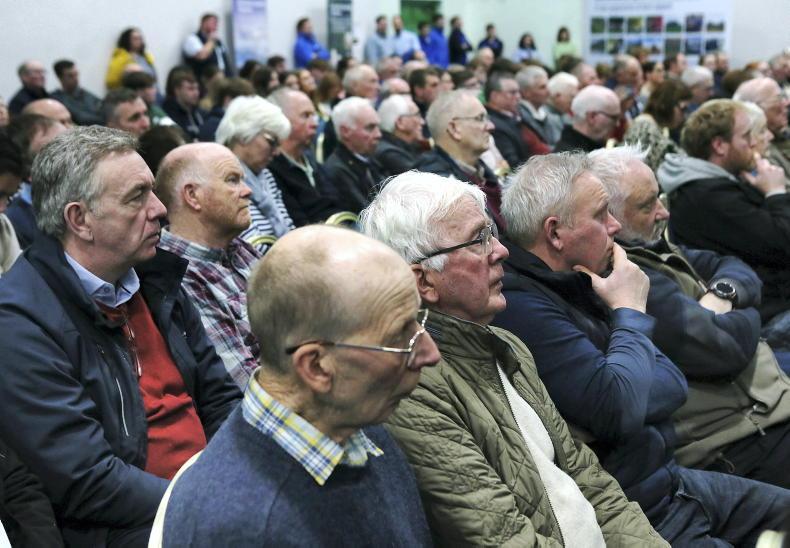
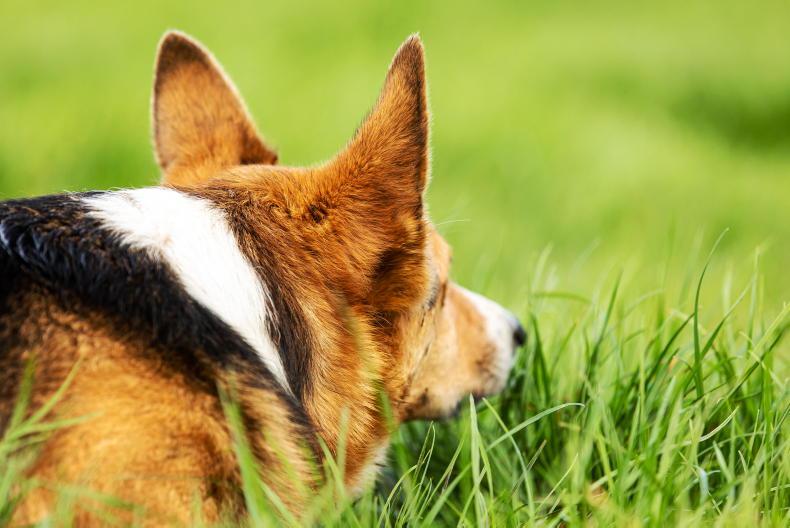
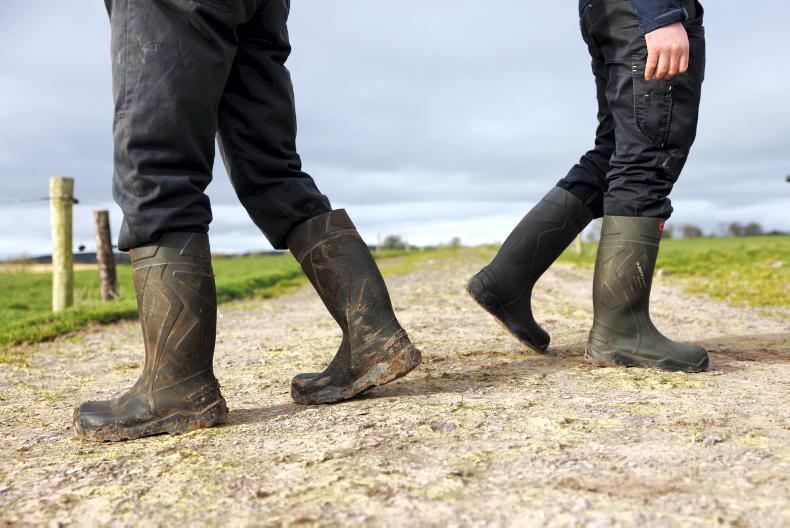
SHARING OPTIONS